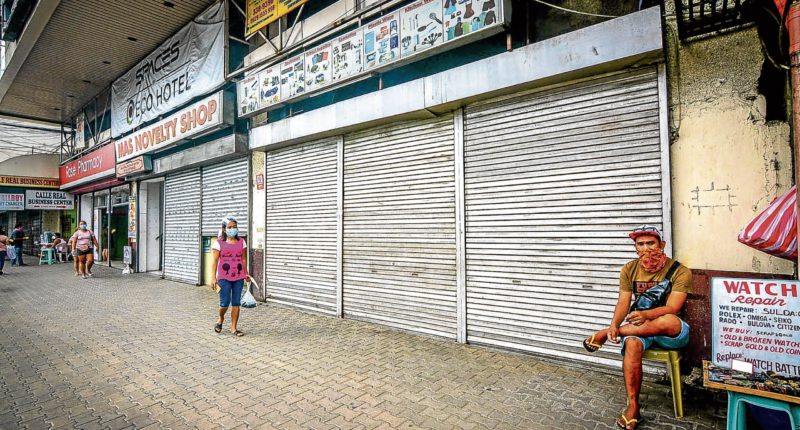China, the country with the second largest economy, is currently experiencing a reoccurrence of Covid-related deaths as, according to multiple global media outlets, the country is suffering a devastating rise in the virus’s spread. The increase in fatalities is coming right after the Chinese government eased its zero Covid policy amidst widespread protests and outrage within the country by citizens.
What’s more
According to CBS News, China recorded 2,157 new infections just last Thursday. However, the country is keeping a close lid on the number of deaths.
How it affects Nigeria
Unknown to many Nigerians, analysts predict that the widespread of the omicron variant of the Covid-19 virus in China could cause an economic reaction in currency crisis in Nigeria. Already, at the parallel market? the exchange rate between Nigeria’s naira and US dollar has settled between N740-N750/$1 throughout the month of December.
But as Chinese businesses, manufacturers and factories are shutting down operations because of the high rate of infections and workers calling in sick, there is about to be a supply chain disruption between Nigeria and China and other countries which depend on the production output of the Asian powerhouse. This situation in China poses an existential threat to not only Nigeria’s exchange rate stability, but to other global currencies, as only the value of the US dollar might profit. If this happens, foreign investors could further pull out of developing economies, such as Nigeria.
Another worrying challenge Nigeria would face if the Covid-19 pandemic in China is not quickly contained is the inflation in imports. By a cut in global production output, the cost of imported goods into Nigeria, Africa’s largest economy, would most likely skyrocket further, inflating Nigeria’s inflation numbers. This is as China leads the chart of countries with the most import sources into Nigeria, with 24 percent or $12.8 billion according to a 2021 report.
What you should know
According to the National Bureau of Statistics (NBS), Nigeria’s inflation rate rose from 21.09 percent in October to 21.47% in November; representing a 10th consecutive monthly increase since the start of the year.
Food inflation rose to 24.13% in November 2022 from 23.72% recorded in the previous month. The spike in food prices is as a result of an increase in prices of bread and cereals, food products (including potatoes, yam and other tuber), fish, meat, oil and fat. There were also hikes in prices of gas, liquid fuel, solid fuel.

